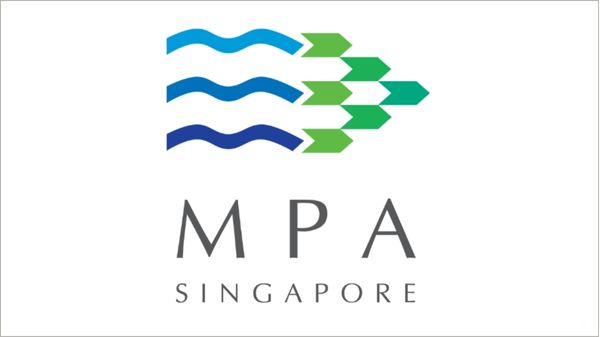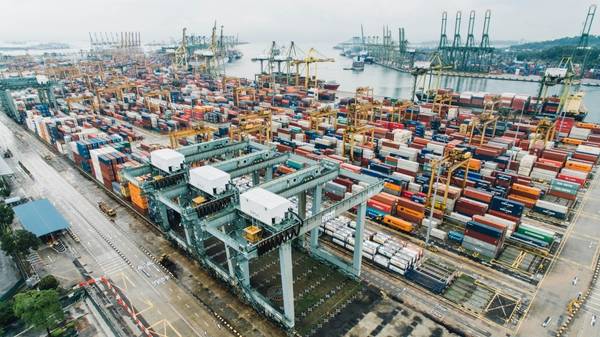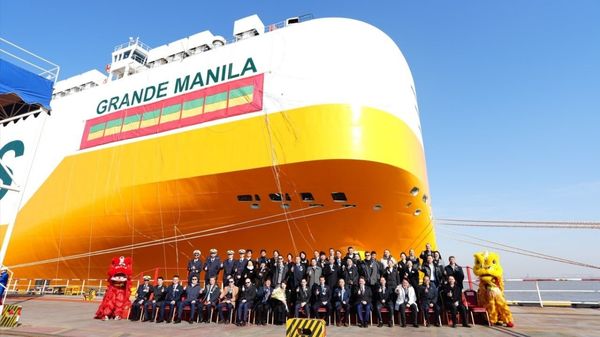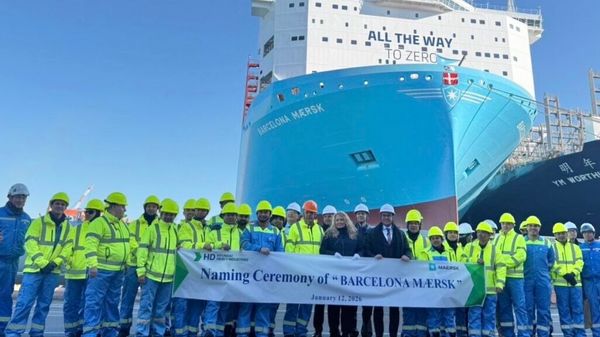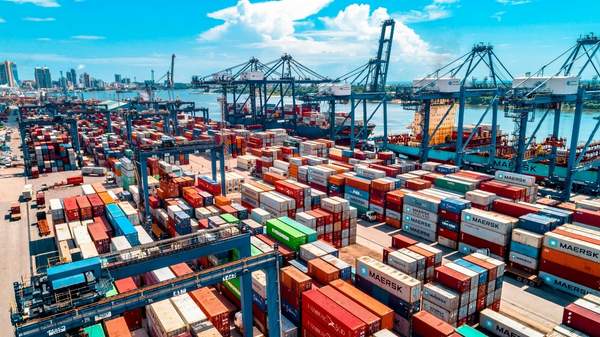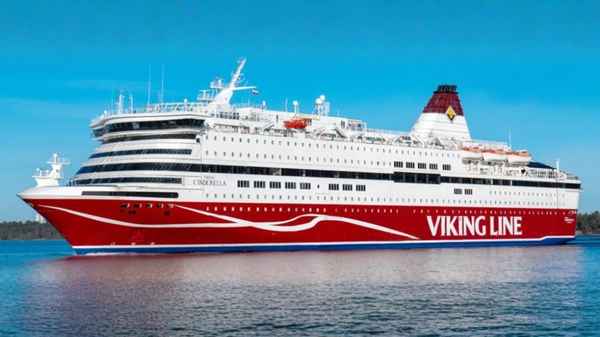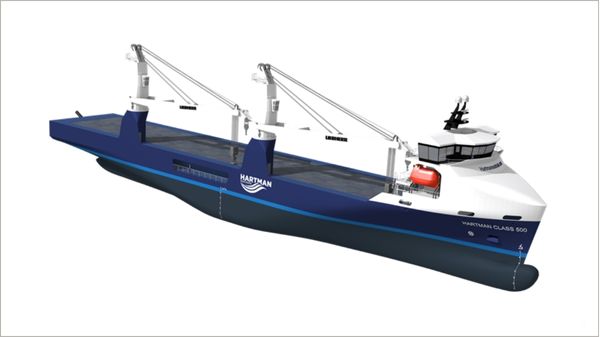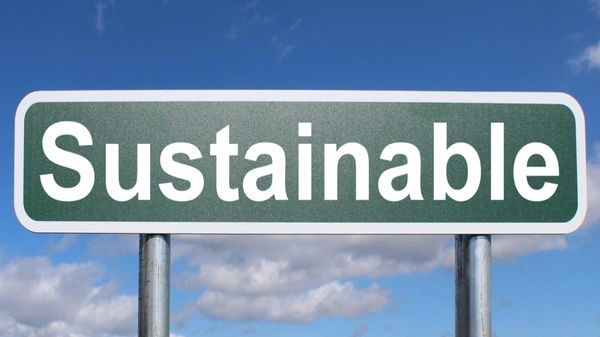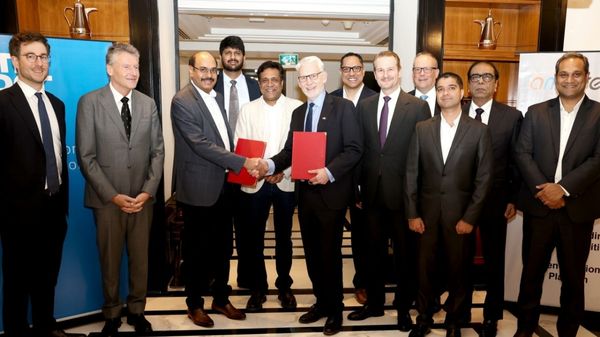Wärtsilä has announced the introduction of its
Intelligent Combustion Monitoring system for two-stroke diesel engines. The system aims to provide ship operators and owners with information that will enable them to optimize vessel engine performance and be aware of the condition of components in the combustion chamber.
By operating at optimal firing pressures, fuel cost savings of up to two percent compared to deteriorated parameters can be achieved, according to Wärtsilä. Furthermore, the condition information is said to ensure that maintenance is carried out at the right time, thereby avoiding off-hire costs and improving the engine's reliability and overall performance.
The Wärtsilä Intelligent Combustion Monitoring system provides a means for measuring the pressures in each cylinder during the entire combustion process, continuously, in parallel, and under all load conditions. By monitoring the exact position of the crankshaft, and in combination with advanced mathematical modelling of the engine, it provides real-time data for diagnostic analysis.
Conventional cylinder pressure measurement systems, such as portable pressure indicators, or on-line systems that measure the combustion pressure cylinder by cylinder in a scanning sequence, are influenced by movements of the fuel rack, rpm variations, and sea conditions.
Accurate information regardless of conditions
The Intelligent Combustion Monitoring system has the ability and real time capacity to collect the combustion pressures and angle values for each cylinder, in parallel and simultaneously, stroke by stroke. The crankshaft deflection is calculated on a continuous basis, thus ensuring that the information given is accurate regardless of engine load conditions, Wärtsilä says.
The monitored data covers, amongst other things, the thermal overload of individual cylinders (MIP); the mechanical overload of individual cylinders (Pmax); the optimal fuel efficiency; power readings (MIP and IPOW); the condition of the cylinders (Pmax + diagram shape); load dependent monitoring of the combustion parameters (MIP, Pmax, aPmax, Pcomp, Ptdc, Pign, aPign, etc.) and comparisons between cylinders; the tracking of gas leaks due to worn liners or broken piston rings (Pcomp); the tracking of exhaust valve components (Pcomp); and the tracking of the fuel equipment (Pmax + diagram shape).
Co-operation agreement with ABB
The Wärtsilä Intelligent Combustion Monitoring system integrates the
ABB Cylmate system, for which ABB and Wärtsilä have signed a co-operation and distribution agreement earlier this year. Under this agreement, Wärtsilä takes responsibility for global sales, installation, and lifetime service of the system for all two-stroke engines, both for upgrades to engines in operation and as an option for new-buildings.
"The synergies of this co-operation between two world-renowned technology providers offer numerous customer benefits. Wärtsilä's global sales and services network provides worldwide customer support; the system can be supplied on a turnkey basis with installation and commissioning handled by a single entity; and the engine designer's specialist services and support capacity is further enhanced," Wärtsilä said.
"Further development of the system's technology will be carried out jointly, utilizing the combined know-how of the system developer and the engine designer," Wärtsilä added.
The latest in a series of solutions
The launch of the Intelligent Combustion Monitoring system marks a milestone in a series of Wärtsilä solutions aimed at two-stroke engines. The aim is to optimize both the reliability and maintenance intervals of these engines, and is in line with the company's efforts to provide solutions that lower overall operating costs.
The Intelligent Combustion Monitoring system extends the Wärtsilä family of condition monitoring devices, and can be integrated with the company's performance and condition monitoring solution. This automatically transmits data to Wärtsilä's server for further evaluation by engine experts, and provides structured reporting to the technical managers with value-adding expert recommendations.
This family will be further extended in early 2011 with the introduction of an Intelligent Combustion Control system for Wärtsilä's electronically controlled two-stroke
RT-flex engines. This system utilizes the measured data in the engine's control system, and automatically adjusts the compression and firing pressures within the engine's performance and NOx regulation limits. The result is well-balanced engine performance, and optimized fuel efficiency. The solutions will also be available as a combined system for RT-flex engines.
"This is an important product introduction that offers significant benefits to two-stroke engine operators, both in the area of cost savings and in extending the lifecycle of the equipment. Furthermore, by ensuring that the engine is working according to its certificate and optimal performance curves, CO2 emissions are reduced, which is an increasingly important consideration today. The Intelligent Combustion Monitoring system strengthens Wärtsilä's position as a total solutions provider," said
Peter Hug, Product Manager for Wärtsilä two-stroke engine service solutions.

